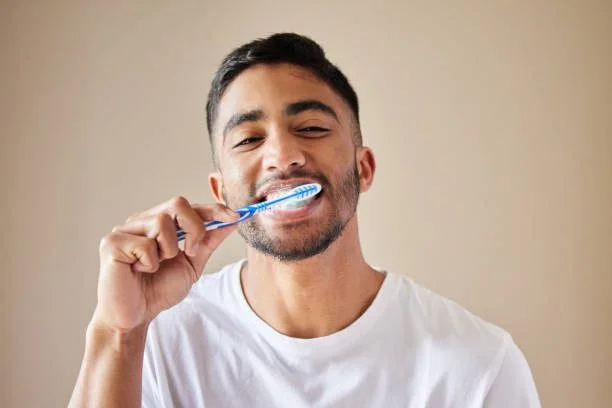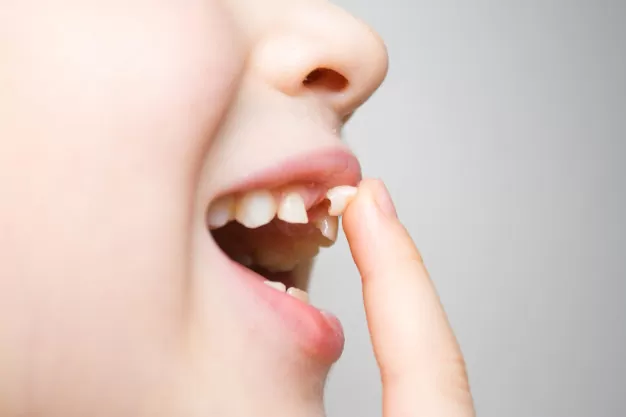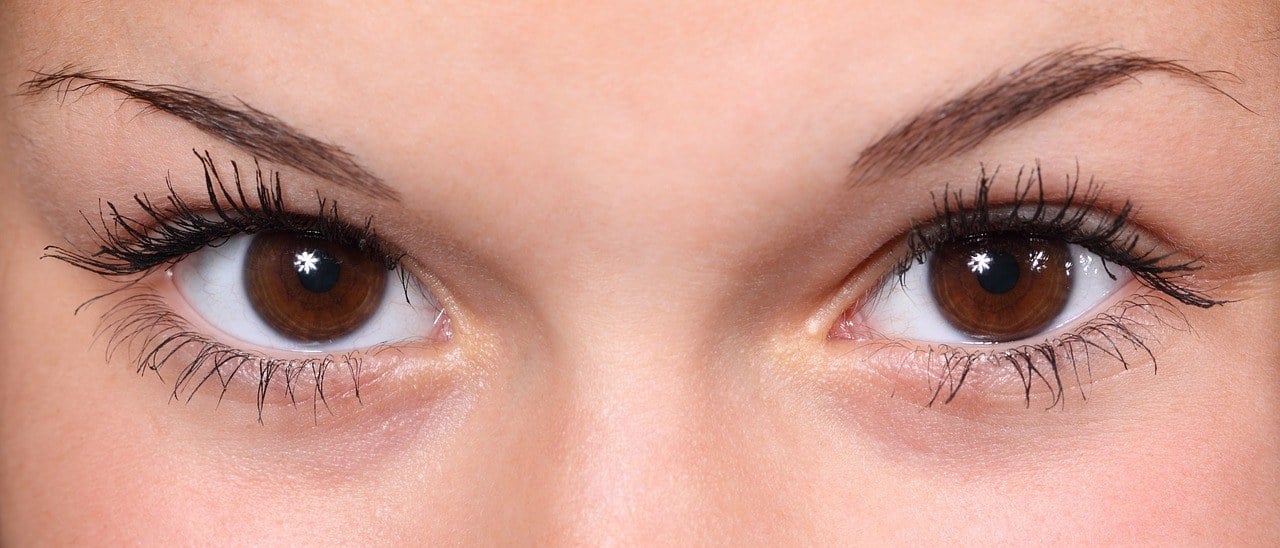A Sparkling Smile: Brushing Before or After Whitening Strips? Unveiling the Best Practices
Achieving a brighter smile is a common goal, and whitening strips offer a convenient at-home solution. However, a crucial question arises: should you brush your teeth before or after using whitening strips? This article explores the benefits and drawbacks of both approaches, guiding you towards optimal whitening results and oral health.
The Power of a Clean Canvas: Why Brushing Before Might Be Beneficial
Brushing your teeth before applying whitening strips can offer some advantages:
- Enhanced Adhesion: Brushing removes surface debris and plaque that can prevent the whitening strips from adhering fully to your teeth. A good bond between the strip and the tooth enamel ensures maximum contact and potentially more effective whitening.
- Targeted Whitening: Brushing removes surface stains that might otherwise mask the whitening effect of the strips. This allows the whitening agents to work directly on the underlying tooth enamel for a more noticeable brightening effect.
Important Note: While brushing beforehand can have benefits, it’s crucial to choose the right timing to avoid potential discomfort.
Avoiding Sensitivity: The Case for Brushing After
There are also reasons to consider brushing your teeth after using whitening strips:
- Sensitivity Reduction: Whitening strips can cause temporary tooth sensitivity, especially for individuals with sensitive teeth. Brushing with a toothpaste formulated for sensitive teeth after using the strips can help minimize discomfort.
- Preserving the Gel: Brushing immediately before application might remove some of the whitening gel from the strips, potentially reducing their effectiveness.
Finding the Right Balance: The Ideal Brushing Routine for Whitening Strips
Here are some strategies to achieve a clean and bright smile while minimizing discomfort:
- Wait After Brushing: If you choose to brush before using whitening strips, allow at least 30 minutes for your teeth to remineralize after brushing. This can help reduce sensitivity caused by the whitening agents.
- Gentle Brushing: Use a soft-bristled toothbrush and avoid applying excessive pressure when brushing after using whitening strips. This minimizes the risk of irritating sensitive gums.
- Focus on Flossing: Flossing before or after using whitening strips removes debris and plaque between teeth, promoting overall oral hygiene.
- Follow Manufacturer’s Instructions: Always adhere to the specific instructions provided by the manufacturer of your whitening strips. They might have specific recommendations regarding brushing before or after use.
Remember: Consult your dentist before using whitening strips, especially if you have sensitive teeth, existing dental work, or any concerns about your oral health.
Beyond Brushing: Additional Tips for a Brighter Smile
Here are some additional practices to enhance whitening results and maintain oral health while using whitening strips:
- Maintain a Healthy Diet: Limit consumption of stain-causing foods and beverages like coffee, red wine, and dark berries during the whitening treatment.
- Avoid Smoking: Smoking not only stains teeth but can also interfere with the effectiveness of whitening products.
- Schedule Regular Dental Cleanings: Regular professional cleanings by your dentist can remove stubborn stains and promote overall oral health.
FAQ: Achieving a Sparkling Smile with Confidence
Q: Can I use whitening strips if I have sensitive teeth?
A: While whitening strips can cause temporary sensitivity, some brands offer options formulated for sensitive teeth. Consult your dentist for personalized recommendations.
Q: How long should I use whitening strips for?
A: The recommended duration of using whitening strips varies depending on the brand and the desired level of whitening. Always follow the manufacturer’s instructions.
Q: Will whitening strips damage my teeth?
A: Whitening strips are generally safe for most people when used as directed. However, prolonged or excessive use can damage tooth enamel or irritate gums. Consult your dentist if you experience any discomfort.
Q: How long will the whitening effects of strips last?
A: The whitening effects of strips are generally not permanent. Maintaining good oral hygiene habits and limiting consumption of staining foods and beverages can help extend the whitening results.
By understanding the benefits and drawbacks of brushing before or after using whitening strips, you can establish a routine that optimizes whitening effectiveness while prioritizing oral health.
Beyond the Strips: Exploring Alternative Teeth Whitening Options
Whitening strips offer a convenient at-home solution, but they aren’t the only option for achieving a brighter smile. Here’s a look at some alternative teeth whitening methods:
-
Whitening Toothpaste: Many toothpastes contain mild abrasives and polishing agents that can help remove surface stains for a gradual whitening effect. While not as dramatic as strips, whitening toothpastes offer a gentle approach for maintaining a bright smile.
-
Professional Whitening Treatments: Dentists offer various professional whitening treatments that can achieve more dramatic results than at-home options. These treatments often involve stronger bleaching agents applied in the dental office, followed by at-home maintenance with custom-made trays and whitening gel.
-
Whitening Rinse: Whitening mouthwashes typically contain mild bleaching agents or peroxide to help remove surface stains and freshen breath. While not as effective as strips or professional treatments, they can be used in conjunction with other methods for a more comprehensive whitening routine.
-
Laser Whitening: This in-office procedure utilizes laser light to activate a whitening gel applied to the teeth. Laser whitening offers faster results compared to other methods but might be more expensive.
Choosing the Right Option:
The best teeth whitening option depends on your individual needs, budget, and desired level of whitening. Here are some factors to consider:
- Sensitivity: If you have sensitive teeth, discuss options with your dentist to minimize discomfort. Whitening toothpastes or professional treatments formulated for sensitive teeth might be suitable choices.
- Stain Severity: For deep stains, professional treatments or laser whitening might be necessary for noticeable results.
- Budget: At-home options like whitening strips or toothpaste are generally more affordable than professional treatments.
- Desired Results: Consider how quickly you want to achieve results and the level of whitening you desire.
Maintaining a Bright Smile:
No matter which whitening method you choose, here are some key practices to maintain your bright smile:
- Regular Brushing and Flossing: Maintain a consistent oral hygiene routine of brushing twice daily and flossing once a day to remove plaque and prevent staining.
- Limit Staining Foods and Drinks: Minimize consumption of coffee, tea, red wine, and other stain-causing beverages and foods.
- Schedule Regular Dental Cleanings: Regular professional cleanings by your dentist can remove stubborn stains and promote overall oral health.
By understanding the different whitening options available and adopting healthy oral hygiene practices, you can achieve and maintain a bright, confident smile. Remember, consulting your dentist is crucial for personalized recommendations and ensuring the safety and effectiveness of any whitening treatment.




